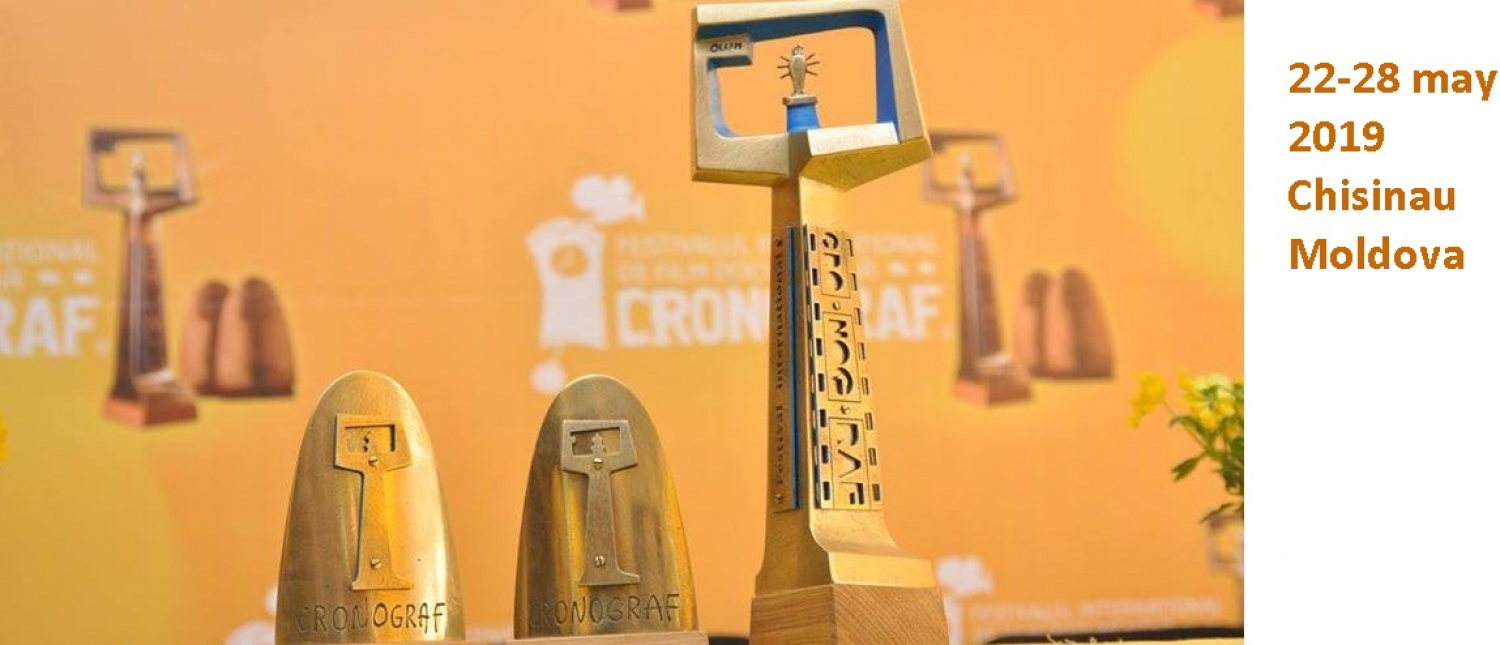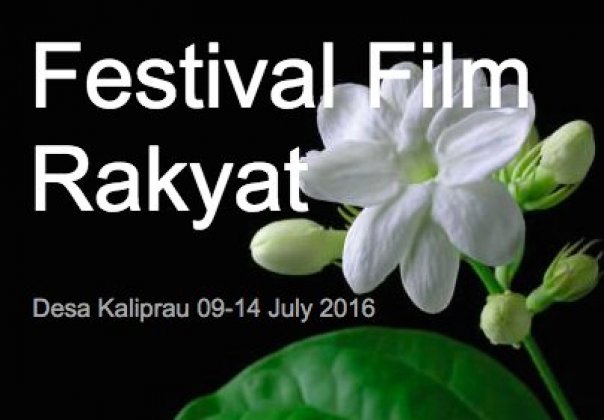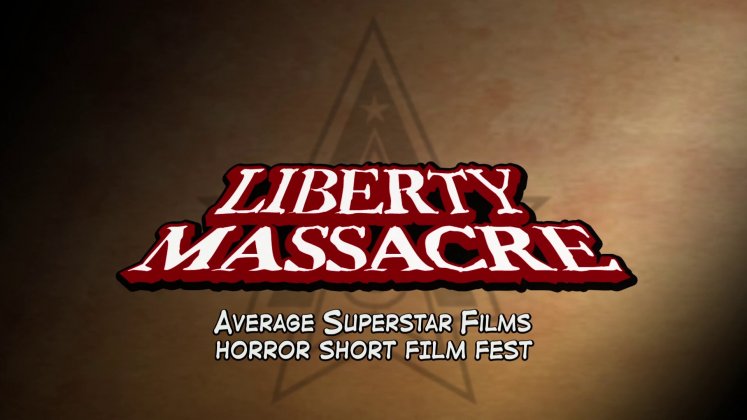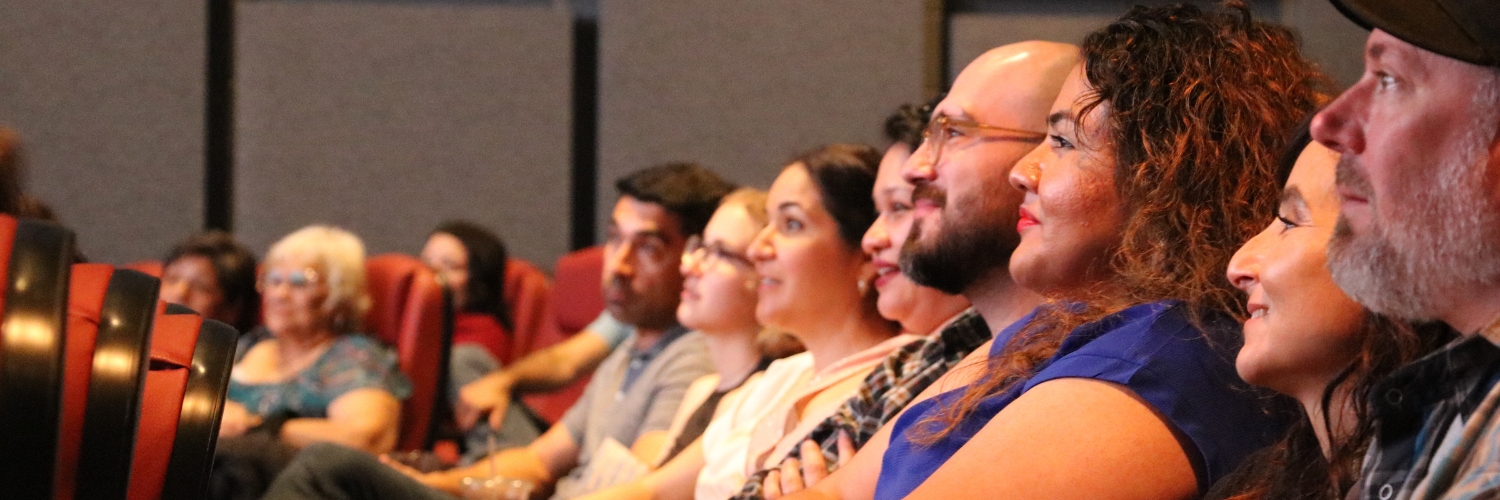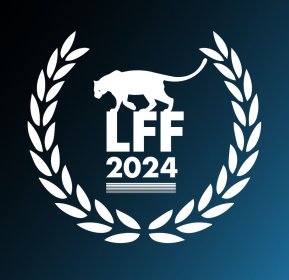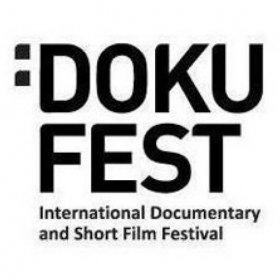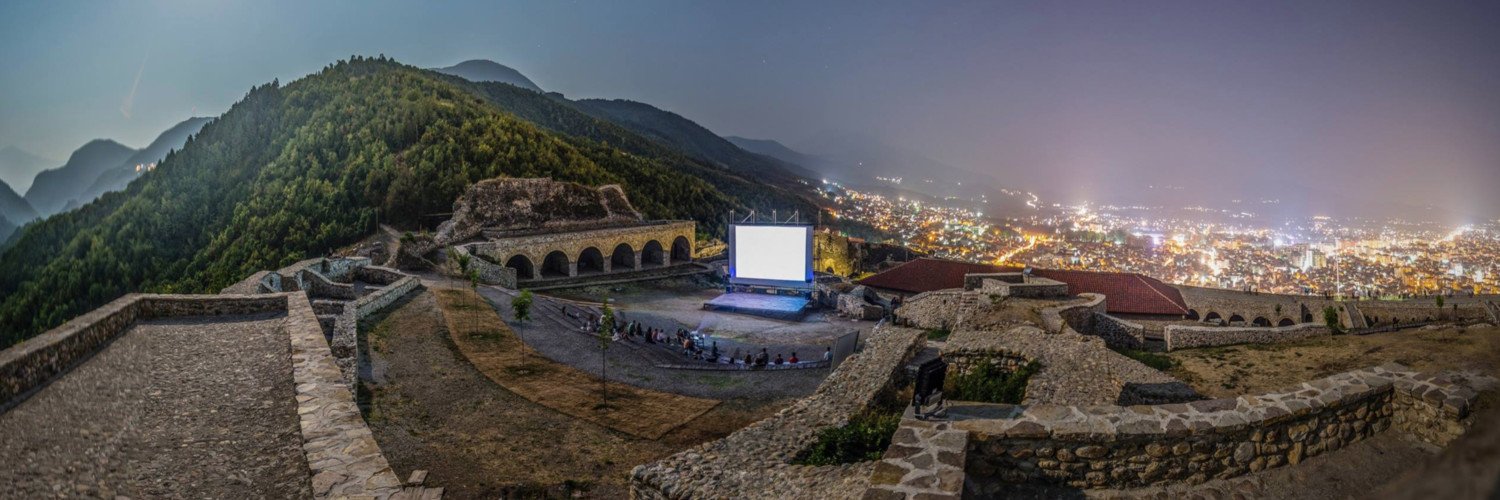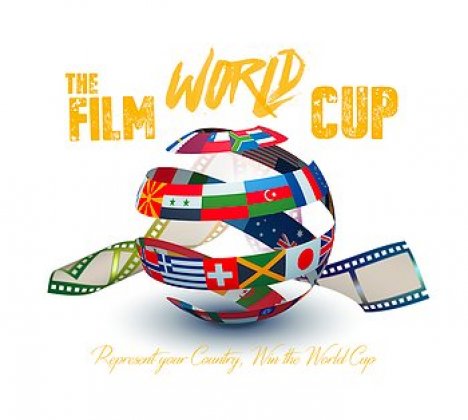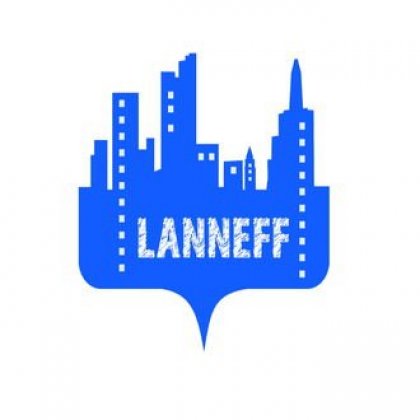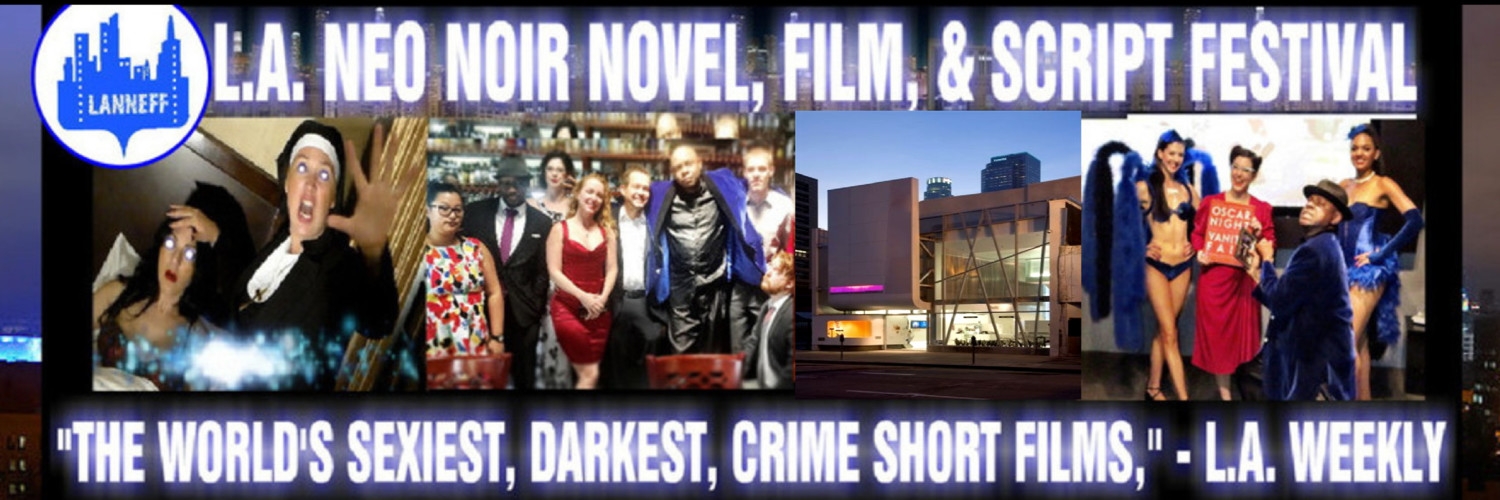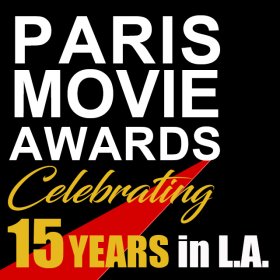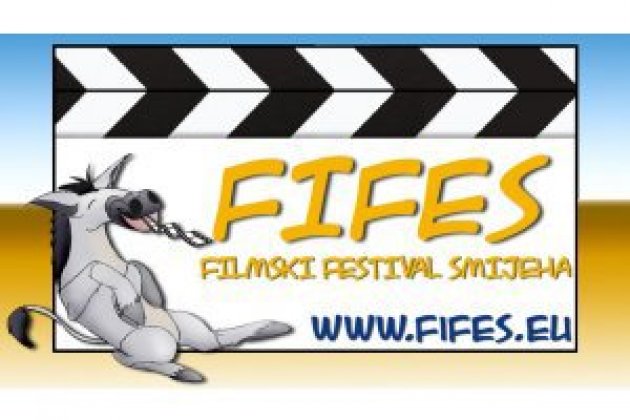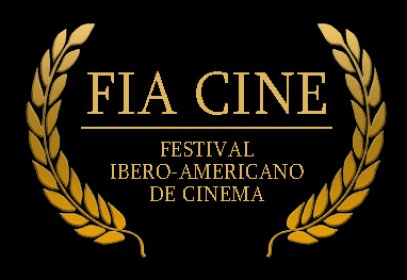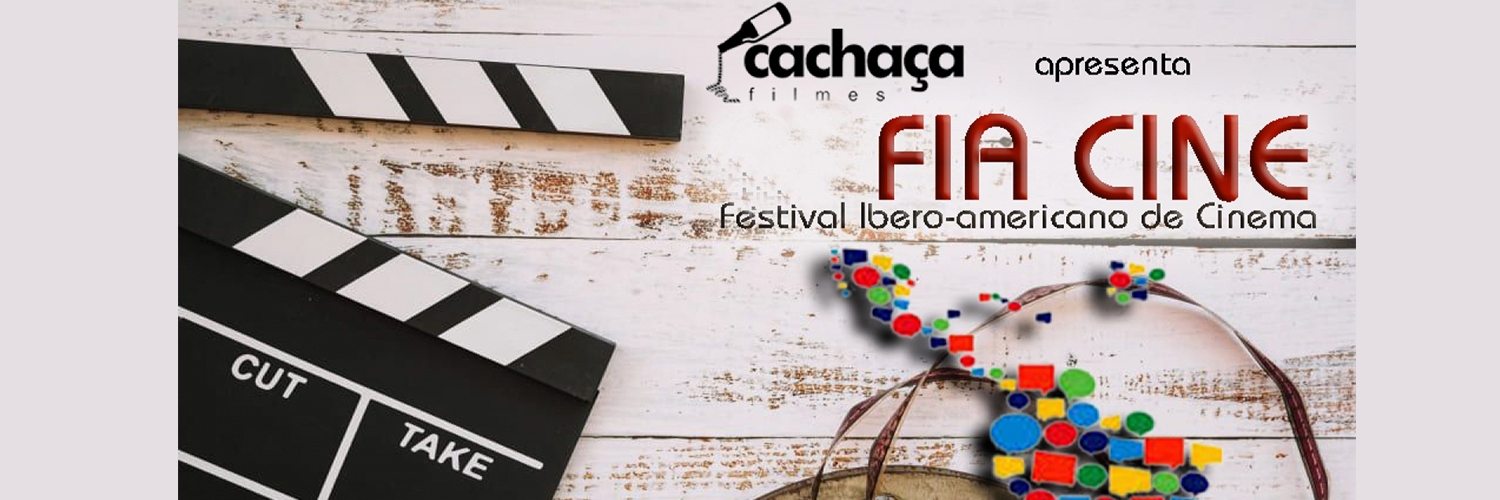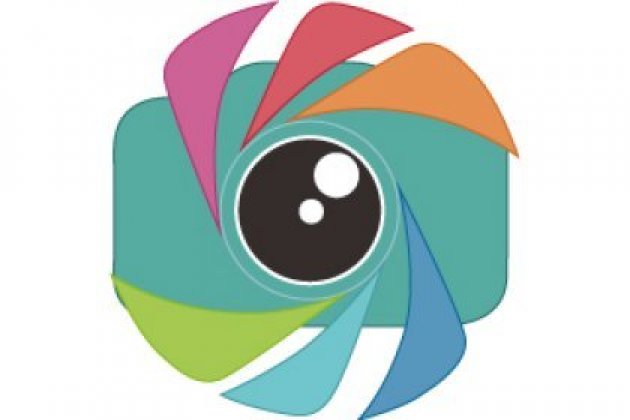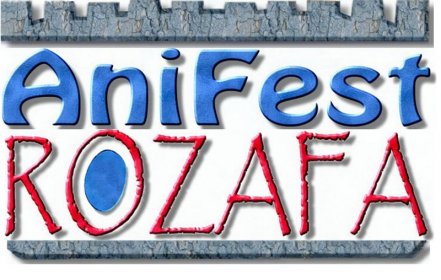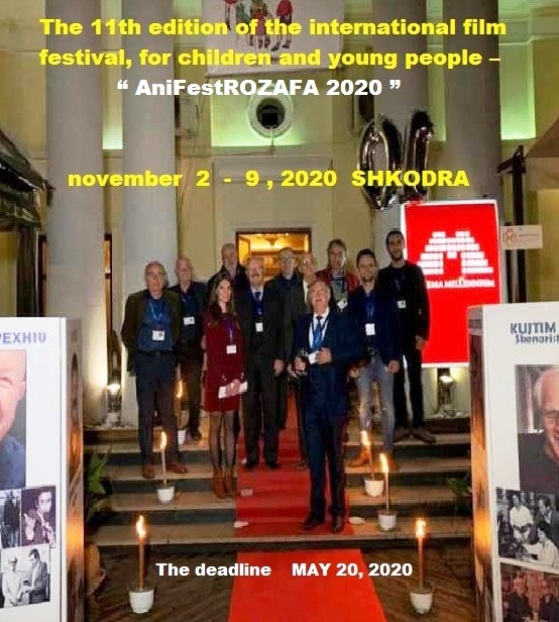
CRONOGRAF Festival is at the moment the only international documentary film festival in Moldova and it is organized in Chisinau starting 2001. This event came into existence at the initiative of a young group of Moldavian filmmakers that were organized within OWH Studio. Their aim was to animate the cultural life in the Republic of Moldova and to bring closer to the local public the latest documentaries from all over the world.
IDFF CRONOGRAF has reached the 12th edition. The festival has a great popularity and an international reputation, especially in the South-East Europe, being among the most important film events. Every year the number of films in the contest increases, as a proof that the festival has aroused the interest of documentarists around the world. CRONOGRAF is an opportunity for the local filmmakers to stand out of the crowd as well as a gateway to the world news in this genre.
IDFF RONOGRAF is a cultural and complex event that includes film screenings within the competition, press conferences with the participation of film personalities, round tables on different topics related to cinematographical life, thematic screenings out of competition, workshops for young filmmakers and film premieres.
At CRONOGRAF, documentary filmmakers around the world have the opportunity to meet and promote their works in a new space, a space for cultural interferences, a place where the East (especially the former Soviet area) meets the West and other globe meridians.
CRONOGRAF is beloved by filmmakers most of all for its friendly, informal and hospitable atmosphere, that enables people to meet and approach in the prospect of collaboration or common projects. The cinema-goers have the chance to enjoy a consistent and quality film program, discovering new film formulas and sensational life stories.
The Festival has five sections.
Main Section
The Main Section is opened to creative documentaries from all over the world with no restriction on theme. No corporate, industrial or commercial films are accepted.
cadRO Section
CadRO Section was launched in 2007 and has become a traditional element within IDFF CRONOGRAF. Romanian authors as well as foreign authors are invited to participate with documentaries about Romanians and Romanian communities around the world. CadRO Section, unique in its specific on the world film festivals list, offers an overview of the life and destiny of people that call themselves Romanians, wherever they are.
Local Productions Section
This section is opened for works produced by local independent video production studios, local TV channels and productions of independent filmmakers.
Eyes on Moldova Section
Is the space for documentaries about republic of Moldova realized by foreign filmmakers.
A LIKE for Documentary Section
Is dedicated to teenagers and includes short documentaries for young people
PEOPLE'S FILM FESTIVAL is a competition and the highest award from the community
rural to filmmakers from around the world. Films presented an
anti-mainstream films choice of rural communities that are not familiar and rarely watch movies.
The film festival aims to bring more information to the rural communities of knowledge,
thought, culture and social of various countries in the world through the medium of film.
The film festival takes place on 09 July - 14 July 2016 in the village Kaliprau,
a village in Central Java - Indonesia which is producing region of jasmine
the largest in Indonesia, the majority of people work as farmers jasmine.
We believe that the best film is a film that is able to convey the message and impression for
audience. The highest award of this film festival is "MELATI AWARDS (Jasmine Awards)".
This award is given to the best film cross-genre chosen by voting by
community and the head of customs.
Since its foundation, with Michelangelo Antonioni as its godfather, the Capalbio Film Festival has been a showcase for the next generation of cinematic talent from around the world. During its 22nd edition, Capalbio hosted the first Sundance Institute Screenwriters Workshop as an European exclusive.
Year 4 is on the way! The film industry of Philadelphia has come together to make this city an active spot for HORROR shorts from around the world to be screened and celebrated. Philadelphia has one HUGE thirst for horror flicks and Average Superstar Films has stepped up and lead the way for this massive event. This event truly gives both local and international filmmakers their due. It is held at the world famous Trocadero Theatre in Philadelphia. With a $60,000 sound system, and a FULL screen, the theater seats up to 600 movie-goers. This years event will run 10 hours, with a big networking party going on in the lobby area. News outlets and press are active at this event. Celebrities and horror movie Icons from all walks of life have shown up at this event. Last year we members of The Howard Stern Show on hand. Along with Lloyd Kaufman and The Angry Video Game Nerd. We are only accepting online screeners. There are a variety of ways to submit your screener to us (YouTube, Vimeo (FAVORED) , or through one of the online submission services.). This will SAVE YOU MONEY! These events are 21 and up.
Each film director and cast is also interviewed at our event for an episode of Average Superstar Films TV. PLEASE visit our website averagesuperstarfilms.com to see videos and pictures from past events.
Want to take a deeper look into this fest? Click on the link below and see highlights from last years event join us!
Our events matter! Our events are fun!
https://www.youtube.com/watch?v=8zsoIqizbF4
Le festival présente des longs métrages et courts métrages narratifs et documentaires, des clips musicaux, ainsi que des films expérimentaux et d'animation, dans des sections compétitives et non compétitives. Cet événement est complété par un répertoire et des projections spéciales. Le 22e Festival international du film Cine Las Americas (CLAIFF22) s'est déroulé du 1er au 5 mai 2019 à Austin, au Texas. En plus d'avoir accueilli plus de 3 000 spectateurs pour des films et des événements spéciaux, CLAIFF22 a projeté 114 titres ; ces sélections représentaient la participation de 25 pays à la production ou à la coproduction des projets, dont l'Argentine, l'Australie, la Bolivie, le Brésil, le Canada, le Chili, la Colombie, le Costa Rica, Cuba, République dominicaine, Équateur, France, Allemagne, Jordanie, Mexique, Pays-Bas, Pérou, Portugal, Qatar, Espagne, République arabe syrienne, Royaume-Uni, Uruguay, États-Unis et Venezuela.
Au cours des 22 dernières années, Cine Las Americas a présenté plus de 2 600 films à Austin et lors de différentes projections dans l'État du Texas, devenant ainsi l'une des organisations cinématographiques latino-américaines les plus prestigieuses du pays. Cine Las Americas demeure une organisation axée sur la communauté, offrant diverses opportunités en matière de culture, d'éducation, de développement professionnel et de divertissement. Chaque année, le festival du film attire un large éventail de films et de cinéastes internationaux à Austin, crée des opportunités de réseautage pour les professionnels de l'industrie et offre une riche expérience culturelle aux participants.
Unmasked is a series of film screening and networking event that aims to give upcoming filmmakers the chance to see their work on the big screen.
Januarys event is focusing on both short films and web-series, we want to help you meet potential future crew, get feedback and, perhaps most importantly, get recognised for your talent.
At our event you will get the chance to not only see your film/web-series on a cinema screen to an audience of 150 people, but you will also get the chance to network with everyone after over drinks at the bar.
You can expect a wide range of attendees from industry professionals to ethusiasts just starting out but everyone there will be there to support the upcoming talent that you have.
Le Festival du film de Lucques est un événement annuel qui célèbre et promeut la culture cinématographique. À travers des projections, des expositions, des conférences et des performances, le Festival a su captiver un public toujours plus nombreux avec une programmation allant des films expérimentaux aux films grand public. Au fil des ans, le Festival du film de Lucques s'est taillé une place de choix, se démarquant des nombreux autres festivals grâce à sa programmation audacieuse mais soigneusement étudiée. Au fil des ans, de grands cinéastes internationaux et des célébrités de renom ont assisté au Festival du film de Lucques en tant qu'invités : David Lynch, Oliver Stone, Jeremy Irons, Willem Dafoe, George Romero, Terry Gilliam, William Friedkin, Alfonso Cuarón, John Boorman, Rutger Hauer, Joe Dante, Aleksandr Sokurov, Susan Sarandon, Gabriele Salvatores, Ethan Hawke, Paul Schrader et Peter Greenaway, pour n'en nommer que quelques-uns. Dans le même temps, le Festival a proposé des rétrospectives de « vieilles » gloires tout en découvrant de nouveaux talents. Pour couronner le tout, la ville à couper le souffle de Lucques sert de toile de fond à un événement désormais bien établi, devenu un rendez-vous très attendu et incontournable en Italie et en Europe : le Festival du film de Lucques.
Depuis sa création, le festival s'est toujours attaché à promouvoir le cinéma contemporain. Par conséquent, les réalisateurs du monde entier peuvent inscrire leurs films à la section compétitive du festival par le biais de l'appel à candidatures dédié. L'édition 2026 du Festival du film de Lucca se tiendra du 26 septembre au 4 octobre.
Le Festival du film de Lucques propose 3 compétitions : la compétition internationale de longs métrages, la compétition internationale de courts métrages et la compétition de courts métrages « Lucca Film Festival for Future ».
En 2026, ce sera la 22e édition de la compétition internationale de longs métrages du Festival du film de Lucques. Lors des éditions précédentes, d'importantes personnalités du cinéma telles que Cristi Puiu, Rutger Hauer, Philip Groening, Claudio Giovannesi, Daniele Ciprì, Massimo Gaudioso, Massimo Cantini Parrini, Lina Nerli Taviani avaient fait partie du jury international.
Les films présentés lors de cette compétition sont des avant-premières italiennes et la dernière édition a été remportée par « La cage cherche un oiseau » de Malika Musaeva.
Il existe quatre prix : le prix du meilleur long métrage (3000€), décerné par un jury composé d'invités renommés du monde cinématographique et universitaire ; le prix du meilleur long métrage — prix du jury universitaire (décerné par un jury universitaire), le prix du meilleur long métrage — jury populaire et le prix Marcello Petrozziello.
Pour ceux qui sont intéressés par ce concours, le dernier jour pour les inscriptions est le 15 juillet 2026, jusqu'à minuit.
Il n'y a aucune limite quant au genre ou au sujet des films. Les seules exigences sont les suivantes : les films doivent durer au moins 60 minutes et ne pas avoir été projetés avant le 1er janvier 2026. De plus, il doit s'agir de premières italiennes, de sorte qu'ils ne peuvent pas avoir été présentés dans un autre festival italien, présentés sur une plateforme ouverte en ligne ou distribués de quelque autre manière que ce soit en Italie.
Pour la 20e année consécutive, aura lieu la compétition historique de courts métrages, dont le gagnant recevra un prix de 1000€. Chaque année, le comité de sélection de cette compétition reçoit plus de 500 films à évaluer. Parmi les réalisateurs qui ont participé aux éditions précédentes, on trouve des célébrités comme Adan Jodorowsky, fils du célèbre cinéaste chilien.
Les films n'ont aucune limite de genre ou de sujet. La seule exigence est qu'ils ne puissent pas durer plus de 29 minutes. Pour la compétition de courts métrages, le dernier jour pour les inscriptions est le 15 juillet 2026, jusqu'à minuit.
Deuxième édition du nouveau concours de courts métrages, « Lucca Film Festival for Future », né de la collaboration avec le groupe Sofidel, 2e producteur en Europe et 7e au monde pour les capacités de production dans le secteur du papier à usage hygiénique et domestique (connu notamment pour la marque Regina), qui a fait du développement durable un levier stratégique de développement et de croissance responsable pour réduire son impact sur le capital naturel et favoriser la transition vers une économie à faible impact carbone.
La liste des films sélectionnés sera publiée sur le site du festival d'ici le 10 septembre 2026. Pendant le festival, les films seront projetés dans les cinémas participant à l'événement et sur demande en ligne.
Le Festival du film de Lucques, coordonné par Nicola Borrelli, est l'un des principaux événements organisés et sponsorisés par la Fondazione Cassa di Risparmio di Lucca.
Les principaux sponsors de l'événement sont Banca Generali Private Wealth Management (Paolo Tacchi) et Banca Pictet. L'organisation du Festival du film de Lucques a également été possible grâce au Ministero della cultura — Direzione Generale Cinema e Audiovisivo, Miur, Regione Toscana, Fondazione Sistema Toscana, Manifatture Digitali Cinema, Fondazione Banca del Monte di Lucca, Sofidel, Fondazione Giacomo Puccini e Puccini Museum — Casa Natale, Audi Center Terigi Tenuta del Buonamamo, Naturanda, Martinelli Luce, Futuro3D, Tecno Servizi, Ristorante Giglio, Palazzo Pfanner, Teatro del Giglio, ConfCommercio Lucca et Massa Carrara, Grand Universe Lucca, Grand Universe — La residenza, Over The Real, Teatro del Giglio di Lucca, Fondazione Giacomo Puccini e Museo Puccini — Casa Natale, Casa d'arte San Lorenzo, Accademia Cinema Toscana ; Accademia di Belle Arti di Carrara, Istituto Luigi Boccherini e Liceo Artistico Musicale e Coreutico Augusto Passaglia, Liceo Classico N. Machiavelli, ISIS Pertini.
Merci également à Rai Toscana, Rai Radio 3, MoviePlayer.it, Film4 Life, Festival Scope, A.C.S.I. Associazione Centri Sportivi Italiani, Federazione Italiana Teatro Amatori (FITA), Trenitalia, Fic, Uicc, Cinit, Ucca, Arci, Fedic, Corte Tripoli, Circolo del Cinema di Lucca, Cine:forum Ezechiele 25" 17, Cinema Centrale, Astra e Moderno, Cinema Arsenale, Octocom, Università di Pisa, Università degli Studi Firenze, Fondazione Carlo Ludovico Ragghianti, Pisa al Cinema, Cinema Arsenale, Cineteca Bologna, Cineteca Nazionale, Istituto Musicale Luigi Boccherini, Robert F. Kennedy Human Rights Italia, Associazione Donne all'Ultimo Grido, SPAM ! Réseau pour les arts contemporains, Lucca Comics & Games, Photolux Festival, Lucca Classica Music Festival.
Venez au Festival du film de Lucques et vivez une immersion totale à 360° dans le cinéma et au cœur de la Toscane.
DokuFest, International Documentary and Short Film Festival, is the largest film festival in Kosovo. Recognized as one of the top film and music event in SouthEast Europe, festival fills the cinemas and improvised screening venues around historic city center of Prizren with a selection of more than 200 hand picked films from around the world, whileat the same time bringing top international and local music acts to perform at DokuNights music festival. Documentary photo exhibitions, debates, master classes and lively atmosphere in the city all add to the charm of the festival.
Le FEU ! Mostra est le premier festival de films LGBT en Espagne : créé en 1995 par Casal Lambda, à Barcelone, il aborde la diversité affective dans son sens le plus large à travers une sélection rigoureuse de longs métrages, de documentaires et de courts métrages. Une sélection de films d'art et d'essai et une approche pédagogique en sont les principales caractéristiques.
Pendant deux semaines au début du mois de juin, principalement à l'Institut français mais également dans d'autres lieux intérieurs ou en plein air de la ville, un large public est invité à découvrir ce monument culturel de Barcelone, avec des histoires et des témoignages de personnes libres, de créateurs qui brisent les barrières et de défenseurs des droits humains, qui contribuent tous avec amour à construire un monde plus juste et plus libre.
Le nom du festival est un hommage au magazine new-yorkais du même nom de la fin des années 20, FIRE ! , dirigé par l'écrivain gay noir Richard Bruce Nugent, incarné dans l'un des films les plus emblématiques du festival, Brother to Brother, que nous avons projeté il y a quelques années.
The Film World Cup is an original concept of festival.
Each selected film will be the only representant of his country, and will represent the country for the World Cup.
LATIUM emerges as a festival that has the task of bringing together the best independent cinema in Latin America with the intention of promoting change towards a responsible lifestyle, promote the arts, education and social activism, by sensitizing the public for reasons social world. It also works as a forum for expression, dissemination and promotion of a genuine representative of our culture and Latin American cinema, catapulting new talent and consolidating it as a viable option for the creation of independent audiovisual productions. And the creation of a network of organizations and institutions that share and promote activities for solving social and environmental issues.
OBJECTIVE
The Festival proposes to convene and disseminating films that contribute, from its significance and its artistic values, the enrichment and reaffirmation of Latin American cultural identity; and catapult new talent as a viable option for the creation and enlargement of the Latin American audiovisual market.
L.A. NEO NOIR NEWS ALERT : LES CINQ PREMIÈRES RAISONS IMPORTANTES POUR PARTICIPER À CE FESTIVAL :
1. CECI EST LE MEILLEUR ENVIRONNEMENT POUR VOTRE SCRIPT : Carey Westbrook fera partie de l'équipe de consultation de scénarios de cette année. Carey Westbrook a été consultant en script pour Derek Cianfrance, lauréat du TWO TIME 2021 Academy Award, et George Tillman Jr., nominé aux Oscars. Son émission de radio est également présentée dans QUATRE autres festivals de cinéma CETTE ANNÉE. Entrez votre script dans la catégorie V.I.P. Neo-Noir Writing et Carey Westbrook vous consultera personnellement !
2. CECI EST LE MEILLEUR LIEU POUR VOTRE FILM : TROIS grandes sociétés de distribution de films s'associeront à notre festival cette année pour offrir des contrats de distribution à nos gagnants et finalistes. Nous avons obtenu des contrats de distribution pour des dizaines de cinéastes au fil des ans et nous nous attendons à obtenir le maximum que nous ayons jamais obtenu cette année !
3. C'est le meilleur endroit pour vous : notre public 2019 était plus de 200 personnes dans une foule à guichets fermés à L.A. s Downtown Independent Theater. Le festival en ligne de cette année compte PLUS DE MILLE artistes, producteurs et entités de distribution qui ont exprimé leur intérêt pour le festival en ligne de cette année : c'est CINQ FOIS plus d'yeux sur votre travail qu'il y a deux ans.
4. WE Make Your VISION GO VIRAL : Carey Westbrook et ses meilleurs collaborateurs de L.A. Neo Noir ont coproduit de nombreuses séries de webisodes, dont le très succès RATE MY WEEKNIGHT et deux émissions radiophoniques qui apparaissent dans QUATRE festivals de cinéma cette année. Entrez dans la catégorie V.I.P. Neo-Noir Writing cette année et nous pouvons produire entièrement votre écriture dans une série webisode aussi !
5. CHAQUE inscription de scénario qui est un scénario recevra un trailer. Visitez lanneff.com/entertainment pour voir les bandes-annonces que nous avons produites. Si votre travail est un scénario, une nouvelle ou un roman, nous pouvons en faire une bande-annonce/bande dessinée/ou une série de webisode dans la catégorie V.I.P. Neo Noir Writing. Aucun autre festival DANS LE MONDE ENTIER n'offre ces options. NOUS LE FAISONS ! !
En raison des problèmes de sécurité persistants et des contraintes de la foule, LANNEFF a décidé de tenir le festival en ligne cette année. Nous avons obtenu l'appareil technologique de première qualité et nous sommes plus prêts que jamais à produire le meilleur festival de film en ligne. Cela étant dit...
FÉLICITATIONS À NOUS D'ÊTRE L'UN DES 100 MEILLEURS FESTIVALS ÉVALUÉS PARMI PLUS DE 10 000 FESTIVALS ! NOUS NE SOMMES PAS FORMIDABLES PARCE QUE NOUS DISONS QUE NOUS LE SOMMES. NOUS SOMMES FORMIDABLES PARCE QUE VOUS, CRÉATEURS ET FANS DE NÉO NOIR, DITES QUE NOUS LE SOMMES, ET VOUS ÊTES LES BIENVENUS ! TOUT À FAIT BIENVENUE EN EFFET !
« DANS CES RUES MÉCHANTES, UN HOMME DOIT ALLER... QUI N'EST NI TERNI NI EFFRAYÉ. » - RAYMOND CHANDLER
Il a été salué par L.A. Weekly comme le festival avec « LES COURTS COURTS CRIME LES PLUS SEXES DU MONDE ». Week-end de Thanksgiving, du vendredi 26 novembre au dimanche 28 novembre, lanneff.com présentera THE 2021 L.A. NEO NOIR, NOVAN, FILM, AND SCRIPT FESTIVAL 9 (LANNEFF) !
Ce festival vous est présenté par Carey Westbrook and Associates, dont les étudiants comprennent le gagnant du TWO TIME Academy Award, Derek Cianfrance, et le candidat aux Oscars George Tillman Jr. Westbrook a également travaillé avec de nombreux acteurs nominés aux Oscars, dont Ryan Gosling, Joaquin Phoenix et Michelle Williams.
Cette année encore, le festival met en vedette notre sponsor préféré : SMG Films, le premier distributeur en ligne et aérien de longs métrages et courts métrages néo-noirs, ainsi qu'une plateforme de lancement pour les meilleurs acteurs, actrices et scénaristes néo-noirs au monde. SMG s'intéresse une fois de plus à notre groupe sélectionné de lauréats du festival de cette année et, sur la base de nos recommandations, ils s'approcheront de cette sélection avec des opportunités de distribution en ligne !
Nous avons également ajouté DEUX autres sociétés de distribution à notre liste d'acheteurs intéressés. Lorsque vous gagnez un prix LANNEFF, nous ne manquerons pas de vous les présenter !
Cette année, nous présenterons également DEUX séries de webisodes passionnantes produites par lanneff.com, et de nombreux autres sites de médias sociaux. Ces webisodes mettront en vedette les lauréates de la Meilleure Femme Fatale, Miss Russe L.A. Katherine Pegova et Tracy Ann Chapel.
Ces deux étonnantes starlettes ont été découvertes dans nos derniers festivals, et avec de nombreux rôles de premier plan PAID encore disponibles dans notre série, nous espérons que nous apporterons au monde néo-noir encore plus de grandes femmes fatales et de belles P.I. » s, c'est-à-dire, des acteurs et des actrices comme VOUS ! !
Voyez l'une des nombreuses séries de webisode courtes coproduites par Westbrook sur Facebook en ce moment, comme le webisode à succès RATE MY WEEKNIGHT sur lanneff.com :
L.A. Neo Noir compte aussi les mêmes personnes âgées qui reviennent pour la 3ème, 4ème et 5ème fois ! En quoi c'est une bonne chose ? L.A. Neo Noir a le plus grand nombre de scénaristes de retour, plus que n'importe quel autre festival, parce que la plupart de nos scénaristes de festival reviennent l'année prochaine avec des films entièrement produits basés sur leurs scénarios déjà reconnus. Des scénaristes étonnants, comme Diana Lee Woody et David J. Schroeder, sont de retour avec leur chef-d'œuvre néo-noir entièrement produit des films mettant en vedette des stars bien connues. Voir « Une proposition menaçante » de Woody et « This Modern Man is Beat » de Schroeder. Regardez la liste exhaustive des gagnants précédents sur lanneff.com pour voir ce qui est fait ici : le Festival de L.A. Neo Noir est si bon que vous devez le faire encore et encore... et encore ! !
Nous produisons entièrement des bandes-annonces animées sur tous les scénarios, les romans, les inscriptions, et présentons les cinq meilleures sélections de festivals de films. Nous vous donnons également une copie de votre remorque à utiliser comme bon vous semble. Que vous gagniez ou perdiez, que vous soyez sélectionné ou non, vous obtenez une bande-annonce produite pour votre écriture dans les trois mois suivant le festival et nous faisons la promotion de votre bande-annonce sur notre site Web. Aucun autre festival de film ou festival d'écriture dans le monde entier ne fait cela. Les participants de la catégorie V.I.P. Neo Noir Writing reçoivent leurs bandes-annonces dans les 30 jours suivant. Les scénaristes de la catégorie Meilleur scénario reçoivent leurs bandes-annonces dans les 90 jours suivant la fin du festival.
Nous avons mis en place des événements de réseautage néo-noir passionnants qui ont profité à TOUS nos participants passés. Nous avons fait la première du Downtown L.A. Neo Noir du premier film de Robin Wright, THE DARK OF NIGHT à L.A. s propre Downtown Independent Theater. Nous avons de nombreux invités que vous reconnaîtrez du cinéma et de la télévision cette année, mais la célébrité la plus importante de ce week-end de Thanksgiving sera VOUS.
Notre objectif : célébrer, mettre en valeur et vendre le travail des plus grands cinéastes et écrivains néo-noirs indépendants inconnus de Los Angeles et du monde entier. Nous l'avons fait avec succès Huit fois. Cette neuvième fois plus VOUS équivaut à la magie néo-noire !
Rejoignez-nous en ligne dans le confort et la sécurité de votre propre maison. Les gagnants sélectionnés bénéficient d'un prix en argent de 100$, d'une offre de distribution, d'une série de webisode et de nombreux autres prix. Alors préparez cet étonnant néo-noir au travail. Obtenez vos frais d'inscription, obtenez votre meilleur scénario, film, roman, nouvelle, monologue, et préparez-vous à faire de 2021 la meilleure année néo-noir de tous les temps. Si vous aimez L.A. néo-noir, votre travail DOIT être représenté ici, et vous DEVEZ être prêt pour votre gros plan avec le Mr. DeMille de L.A. néo-noir grandeur, L.A. NEO NOIR NOVAN, FILM, & SCRIPT FESTIVAL EIGHT !
Note : Il n'y a absolument aucune exonération de frais de quelque nature que ce soit pour quelque raison que ce soit disponible pour ce festival. Si toute votre équipe de production cinématographique ne peut pas amasser 25$ pour participer à ce festival, nous vous recommandons de participer à la pléthore de festivals gratuits déjà. Vous devriez les entrer en plus de ce festival. Pourquoi pas ? Ils sont libres ! Nous ne sommes pas libres, et nous n'avons aucune renonciation... de quelque sorte que ce soit... pour quelque raison que ce soit. Meilleurs voeux !
UN PAS VERS LES OSCARS
pour FOX, NBC, CBS et Authority Magazine.
AVIS
« Mon festival préféré » Alex Proyas (I Robot, The Crow, Dark City)
« Parmi les autres nominés figuraient des personnalités déjà célèbres ! C'était vraiment un honneur d'être nominée aux côtés de si bons nominés » Lisa Hurel.
« Je ne peux vraiment pas dire assez de bonnes choses à propos des Paris Art and Movie Awards. Mon expérience avec cet événement a été sans aucun doute la meilleure et la plus enrichissante » - Ev Duran.
« L'un des festivals les plus organisés et les plus professionnels auxquels j'ai assisté ! Les sélections officielles étaient de haut niveau et le réseautage était incroyable » - Jami Ramberan.
« L'une des meilleures expériences de festival que j'ai vécues. Génial ! » Warren Paul Glover.
« The Fisherman's Diary » a remporté deux fois le PAMA en 2020, et est désormais sélectionné pour le 2021, pour représenter son pays.
« Game Changer » a remporté un, son réalisateur Aviv Mano a ensuite travaillé sur Disney's COCO et TOY STORY 4 (2018).
« The Wishgranter » a remporté un, un EMMY AWARD et un (2016).
« Legacy of Lies » est distribué par Lionsgate (2020).
« Sgt Stubby », un héros improbable, a obtenu un contrat de distribution à (2018).
« Curpigeon » a été sélectionné et a remporté le prix AMAZON VIDEO DIRECT Film Festival Stars (2016).
« Whisper » a été projeté à FILMQUEST (2015).
« None of That » a été choisi par STAFF PICK (2015).
au fil des ans, y compris :
- John Lunn, deux fois lauréat d'un Prime Time Emmy Award, compositeur de « Downton Abbey »
- Monica Cruz, « Un Paso Adelante »
- Olivia Sandusky, journaliste, NBC
- Mark Dacascos, acteur de « John Wick III »
- Samuel Arnold, acteur, « Emily à Paris »
- Patrick Fabian, acteur, nominé aux Emmy Awards pour « Better Caul Saul »
- Claire Kopsky, journaliste primée aux Emmy Awards, CBS
- Jamie Campbell, producteur de « Sex Education »
- Cindy Mollo, lauréate d'un Eddie Award, 4 fois nominée aux Emmy Awards, rédactrice de « Ozark »
- Rena Owen, actrice, « Star Wars Ep II » et « ep. III »
- Fola Evans-Akingbola, actrice, « The Night Agent », « Siren », « Game of Thrones »
- Michelle Tesoro, lauréate du SXSW, lauréate du Eddie Award, rédactrice de « The Queen's Gambit »
- Paz de la Huerta, actrice de Boardwalk Empire
- Brent Huff, réalisateur et acteur « The Rookie », « The Rookie Feds », « The West Wing »
- Max Markson, représentant A. Schwarzenegger, Mel Gibson, JCVD...
- Cole Sibus, acteur « Stumptown », athlète médaillé d'or olympique
- Mina Sundwall, actrice de « Lost in Space » de Netflix, de « Legends of Tomorrow » de DC
Notre équipe comprenait au fil des ans : Kirsten Dunst, Sam Rockwell, Vladimir Cosma, Kristanna Loken, Mark Dacascos, Caterina Murino, Andrew J. West, Hugo Becker, Jansen Panettiere, Leslie Bibb, Mélanie et Alain Doutey, Macarena Gomez, la première ministre française Edith Cresson, le ministre français Frédéric Lefebvre, Emma Bell...
Nous célébrons les cinéastes et nous nous concentrons sur les humains qui font les films : chaque réalisateur/participant peut parler de son film.
Vous rencontrez un nouveau public, projetez et présentez vos dernières œuvres, entrez en contact avec d'autres professionnels, partagez votre passion avec des projections et des événements spéciaux dans toute la ville, notamment des tapis rouges, des avant-premières de films, des fêtes, le réseautage de cinéastes, de nombreuses questions-réponses, des projecteurs internationaux, des conférences et des masterclasses, des performances artistiques et des expositions, de la musique live...
UN FESTIVAL DE FILMS INDÉPENDANTS AVEC
- Récompenses
- Photocall
- Reconnaissance artistique
- Réseautage
- cérémonie de remise des prix
Laughter :)
Laughter is the cure and the best means of combating the problems of life, it is also free and does not issue a prescription.
One of the greatest remedies that we have invented, and heal the world, entertaining it too.
Weed to entice and use laughter to achieve happiness and success in life.
Laughter is the art and skill of the world's most powerful habit.
Laughter is the exhaust valve of our soul, but it's a matter of us shell we use it.
It's reflects many virtues such as generosity, selflessness, optimism, altruism, hope, empathy, joy, serenity, happiness ...
These are just some of the thousands of words being sung in his honor, and that is why we, as FIFES's organisers, decided to provide the opportunity for all people of good will who want to express their creative soul, a very unique, funny, lighthearted way, through the art of film as a wonderful way of human expression.
Send us your work and thus force a smile on our faces.
We do not laugh because we're happy, but we are happy because we laugh
Who laughs the last, laughs too late ...
Cachaça Filmes organise le festival depuis 2009. Il fait toujours appel à des cinéastes et artistes de renommée nationale de la région, dans le but d'offrir des options culturelles et de loisirs et de favoriser l'économie de la région. À court terme, nous avons l'intention d'attirer un public « d'élite » à Vila de Paranapiacaba et, à moyen et long terme, de proposer des productions cinématographiques dans la région.
Nous avons également le concours de courts et longs métrages.
Réglementation :
https://www.cachacafilmes.com/regulamento-concurso-de-roteiros
14e édition du Festival international du film pour enfants et adolescents « AnifeStroZafa » les 13 et 16 novembre 2023 à Shkodra, en Albanie.
Le jury international du festival AnifeStroZafa2023 sera créé en coopération avec l'Association européenne du film pour enfants (ECFA).
L'évaluation des valeurs artistiques sera réalisée par un jury international et par un jury spécial composé de 23 enfants âgés de 8 à 12 ans.
Dans la sélection, le film gagnant « ECFA Award » sera annoncé, qui sera présenté en compétition au festival de BERLIN en février 2024.
Les films qui participeront à la 14e édition du Festival international du film pour enfants et adolescents doivent avoir été produits après le 1er juin 2021.
DÉLAIS.
Les concurrents sont informés que l'inscription en ligne, conformément à la réglementation, commence le 10 décembre 2022, moyennant un paiement de 20 euros
Films étudiants - paiement de 12 euros
Un court métrage d'une durée maximale de 15 minutes est accepté.
Il n'y a aucune restriction quant au nombre de films que vous enregistrez.
Avant de remplir le formulaire d'inscription, veuillez lire le règlement de l' « AnifestroZafa ».
La liste des films sélectionnés pour la finale sera publiée le 15 septembre 2022, sur le site officiel du festival : http://anifestrozafa.org/
Le concours s'adresse aux cinéastes du monde entier qui produisent des courts métrages et des documentaires.
Son objectif est d'évaluer les courts métrages et les documentars-films dont le but est l'expressivité et la divulgation culturelle, en lançant un événement cinématographique dans tout le Val d'Intelvi.
Since its foundation, with Michelangelo Antonioni as its godfather, the Capalbio Film Festival has been a showcase for the next generation of cinematic talent from around the world. During its 22nd edition, Capalbio hosted the first Sundance Institute Screenwriters Workshop as an European exclusive.

